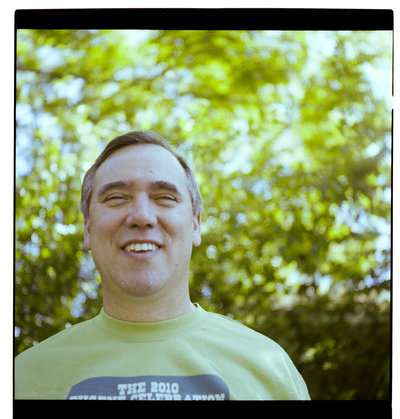
As the U.S. nears the end of the 2016 primary election season, it is more important than ever to understand the role of superdelegates in choosing presidential candidates.
Most Democratic delegates are pledged to a particular candidate based on the outcomes of their state’s primary election or caucuses, but superdelegates are free to support any candidate for the presidential nomination at the party’s national convention.
Superdelegates are members of the official party structure. They are major elected officials, like a senator or congressperson. They’re often a notable member of the party such as a former president or certain members of the Democratic National Committee.
Oregon Sen. Jeff Merkley, a superdelegate who recently endorsed Bernie Sanders, says the responsibility of superdelegates is to exercise their judgment in helping nominate the person who is best equipped to represent the party in the general elections.
Utilizing superdelegates at the national convention is a relatively new concept to the Democratic Party, born out of the Hunt Commission after the bitter 1980 Democratic National Convention (DNC) when Jimmy Carter secured the nomination instead of Ted Kennedy, according to Elaine Kamarck, a Brookings Institution senior fellow, author of Primary Politics: Everything You Need to Know about How America Nominates Its Presidents and herself a superdelegate.
Before the Hunt Commission, Kamarck says, the Democratic leadership wasn’t present at the DNC. Bringing in superdelegates “wasn’t to control the process,” Kamarck says. “The reason for the idea was to have the leadership of the party at the convention.”
Kamarck says superdelegates are a failsafe for the Democratic Party.
“It’s sort of like the electoral college, in that it acts as a filter and it provides a means by which the process can be somewhat manipulated,” says Steve Candee, a Lane Community College political science instructor. “I’m not trying to suggest that it is necessarily a bad process. I think that sometimes the mass of voters operate more emotionally than rationally or reasonably.”
Merkley says this year the Democrats wish they didn’t have superdelegates, while the Republicans wish they did, in reference to the Republican primary leader Donald Trump. Kamarck echoed this sentiment. “Look at the poor Republicans this time around,” Kamarck says. “They’re in a tizzy because a lot of them don’t think Donald Trump is a real Republican.”
Technically Republicans have superdelegates, but they are not free to vote for whomever they please.
Merkley says a very substantial conversation about greatly diminishing the role of superdelegates needs to take place within the Democratic Party.
“I think it undermines the sense of a fair game,” Merkley says. “A lot of the excitement about Bernie Sanders is because people feel the game is rigged, economically and politically in America, and they’re right.”
Superdelegates make up 15 percent of the DNC’s total delegates, and nearly all of those who have pledged to a delegate have chosen to support Hillary Clinton. According to the Associated Press, Clinton is leading with 516 superdelegates while Sanders only has 36, but Kamarck says this isn’t the first time the 715 superdelegates have been so polarized. Out of the 13 superdelegates in Oregon, Merkley is the only superdelegate to publicly endorse Sanders.
“In 2008, all the superdelegates at the beginning of the season were for Hillary,” Kamarck says. “Very few, if none, I think were for Obama. In the end, all the super delegates voted for Obama, myself included.”
While people may feel disenfranchised by how the Democratic Party runs its primary elections, Kamarck says it’s important to recognize that the primaries are a private process that features a public component. The Democratic and Republican parties are non-governmental organizations.
Kamarck adds, “Coca-Cola wouldn’t allow Pepsi Cola to sit in on its branding meetings. This is a brand.”